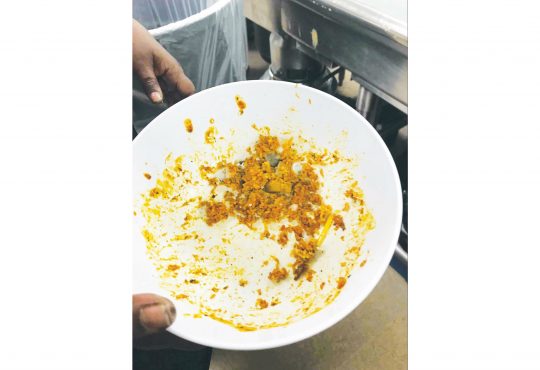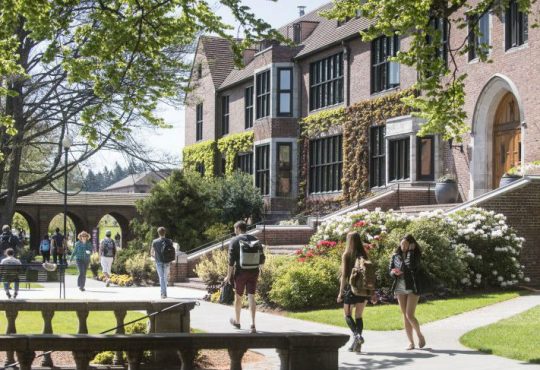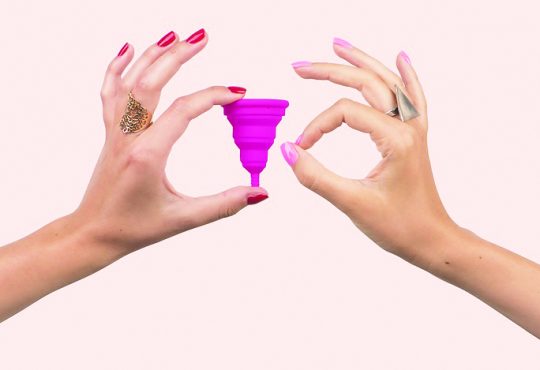Stewardship and the environment are two core values listed in the University’s Strategic Plan, and these are emblematized in the tireless work of administration members searching for new ideas and projects to increase sustainability on campus. These projects address issues ranging from transportation to waste management and reducing energy consumption.
Over this past summer, the University renegotiated its contract with Zipcar in order to permanently station three cars on campus.
This will provide greater access to shared cars, which reduces the need for more cars on campus. Furthermore, Zipcar is doing a “blitz,” by adding two additional temporary cars stationed next to the S.U.B.
Dining and Conference Services (DCS) is also making changes to decrease their footprint in several ways.
New signage is being put up to direct all consumers to deposit their waste at the tray line, which will allow DCS employees to minimize the amount of waste sent to the landfill.
Director of DCS Terry Halverson said that a GoPro video is set to be released within the next few weeks to highlight DCS’ efforts to reduce waste. This video will show what happens to a tray after it vanishes into the kitchen, complete with commentary to educate viewers on where each item goes.
Another project DCS is implementing is the rebranding of “Cupless Days” to “Choose to Reuse” in Oppenheimer Café and Diversions.
DCS staff found that the prior moniker was intimidating consumers, and wanted to come up with a name that encourages customers to make more sustainable choices.
“We provide service and want everyone to feel welcome, but I think that Cupless got viewed as a harsh message,” senior Dining Services manager Chelsey Bairey said. “Choose to Reuse is still the same idea, but it welcomes people to understand what is going on, and our motivations to have paperless days.”
Bairey went on to discuss the potential switch from bottled water to boxed water in the S.U.B.
Boxed water containers are reusable, but are also 75 percent biodegradable and 100 percent recyclable. This transition is still in discussion, but the decision seems favorable so far.
“I haven’t heard any reasons it wouldn’t go through,” Bairey said. This change is expected to reduce the amount of bottled water waste produced by the campus community, if adopted.
Facilities Services has also been working on energy audits to reduce energy usage in both entire buildings and specific rooms on campus. The University conducted an energy audit of Marshall Hall and one classroom in Mcintyre over the summer, which consisted of replacing lighting and streamlining usage to make it more efficient. This will save 40,000 kilo-Watt hours a year and 3500 kilo-Watt hours a year respectively.
“The good thing about these projects is not only that we will have direct energy savings,” Sustainability and Energy Manager Alison Baur said, “but that we will qualify for rebates from Tacoma Public Utilities, which is required by law to pay for a certain amount of conservation.”
Baur went on to discuss the connection between energy costs and tuition.
“Utility costs are directly built into tuition,” Baur said. “We’re not asking anyone to make sacrifices, but rather to practice simple conservation measures, such as turning your lights off when you leave your room.”
One point each individual brought up is that they are constantly looking for new ideas or projects to increase the University’s implementation of its commitment to sustainability and its concomitant values.
Students are welcome to become involved in these issues and, as shown by the diversity of projects recently completed or currently underway, there are a multitude of ways to help improve sustainability on campus.



